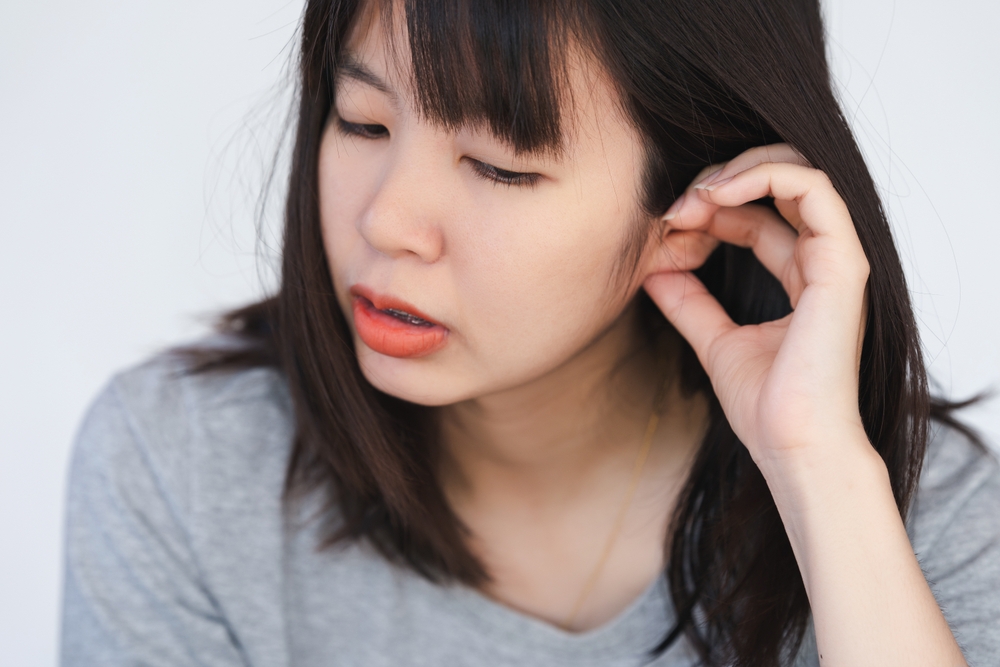Have you ever had that sensation of an itch deep within your ear that seems impossible to reach? It’s a common experience for many, and while it may sound minor, it can significantly disrupt your daily life. Itchy ears can become more than just an annoyance, especially when they occur frequently or intensify. While you can easily relieve an itch on your back or neck with a scratch, your ears require a different approach. So, what’s causing the itch, and how can it be treated? Let’s explore the potential causes of itchy ears and how an Ear, Nose, and Throat (ENT) specialist can help you find lasting relief.
What causes itchy ears?
Itchy ears can stem from various factors, and identifying the underlying cause is the first step to effective treatment. Here are some of the most common reasons why your ears might feel itchy:
Ear infections
Ear infections are among the most common reasons for itchy ears. While they are often associated with children, they can occur at any age. An ear infection causes inflammation of the ear canal, which can result in itching, pain, and fluid buildup. If left untreated, ear infections can lead to more severe symptoms. It’s important to seek medical treatment from an ENT specialist to address the infection and alleviate the itch.
Improper hearing aid fit
If you wear hearing aids and notice frequent ear itching, an improper fit could be the cause. Hearing aids that don’t sit correctly in the ear canal can rub against the sensitive skin inside your ear, leading to irritation and discomfort. A consultation with your audiologist can help you get a proper fitting or custom-molded hearing aids to resolve this issue.
Excessive earwax buildup
While earwax serves an important protective function for the ear canal, excessive buildup can lead to blockages, which often result in itching. Using cotton swabs to clean your ears can push the wax further in and worsen the problem. Instead, it’s best to seek professional help from an ENT specialist to safely remove the earwax and restore comfort.
Skin conditions affecting the ears
Skin conditions like eczema, psoriasis, or dermatitis can extend into the ear canal, causing itching and irritation. These conditions are often chronic and can flare up unexpectedly. If you have a history of skin conditions, it’s essential to consult with your healthcare provider to determine the best treatment plan.
Allergies
Seasonal allergies, or sensitivities to allergens such as dust, pollen, or pets, can lead to itchy ears. When exposed to allergens, your immune system reacts by releasing histamines, which can cause itching not only in the eyes and nose but also in the ears. Over-the-counter antihistamines can provide temporary relief, but a long-term treatment plan with the help of an allergist may be necessary for those with persistent symptoms.
Dry skin or irritation
Dry skin within the ear canal can also lead to itching. This may happen due to exposure to cold weather, dry indoor air, or frequent ear cleaning. Maintaining the moisture balance in your ears can help prevent this issue. In some cases, your ENT doctor may recommend ear drops or other treatments to soothe the skin inside your ears.
When to see an ENT specialist for itchy ears
While the discomfort of itchy ears might seem like a minor issue at first, it can interfere with your ability to focus, enjoy social activities, or even get a good night’s sleep. Constantly scratching or rubbing your ears can also lead to additional irritation, making the problem worse. Over time, this can start to affect your mood and daily routines.
If the itching becomes frequent or persistent, it’s important to seek medical advice. An ENT specialist can evaluate your symptoms, identify the underlying cause, and recommend appropriate treatments to restore your comfort.
What are the typical treatments for itchy ears?
Once the cause of your itchy ears is identified, your ENT specialist will develop a personalized treatment plan to address the issue. The good news is that most cases of itchy ears can be managed effectively with the right care. Depending on the cause, treatment may include medication, ear drops, changes in hearing aid fittings, or other targeted therapies.
If you’re struggling with persistent itching or discomfort in your ears, don’t wait to seek help. An ENT specialist can offer solutions to bring relief and improve your quality of life.
Schedule an appointment with an ENT specialist in your area today and take the first step toward finding lasting relief.



